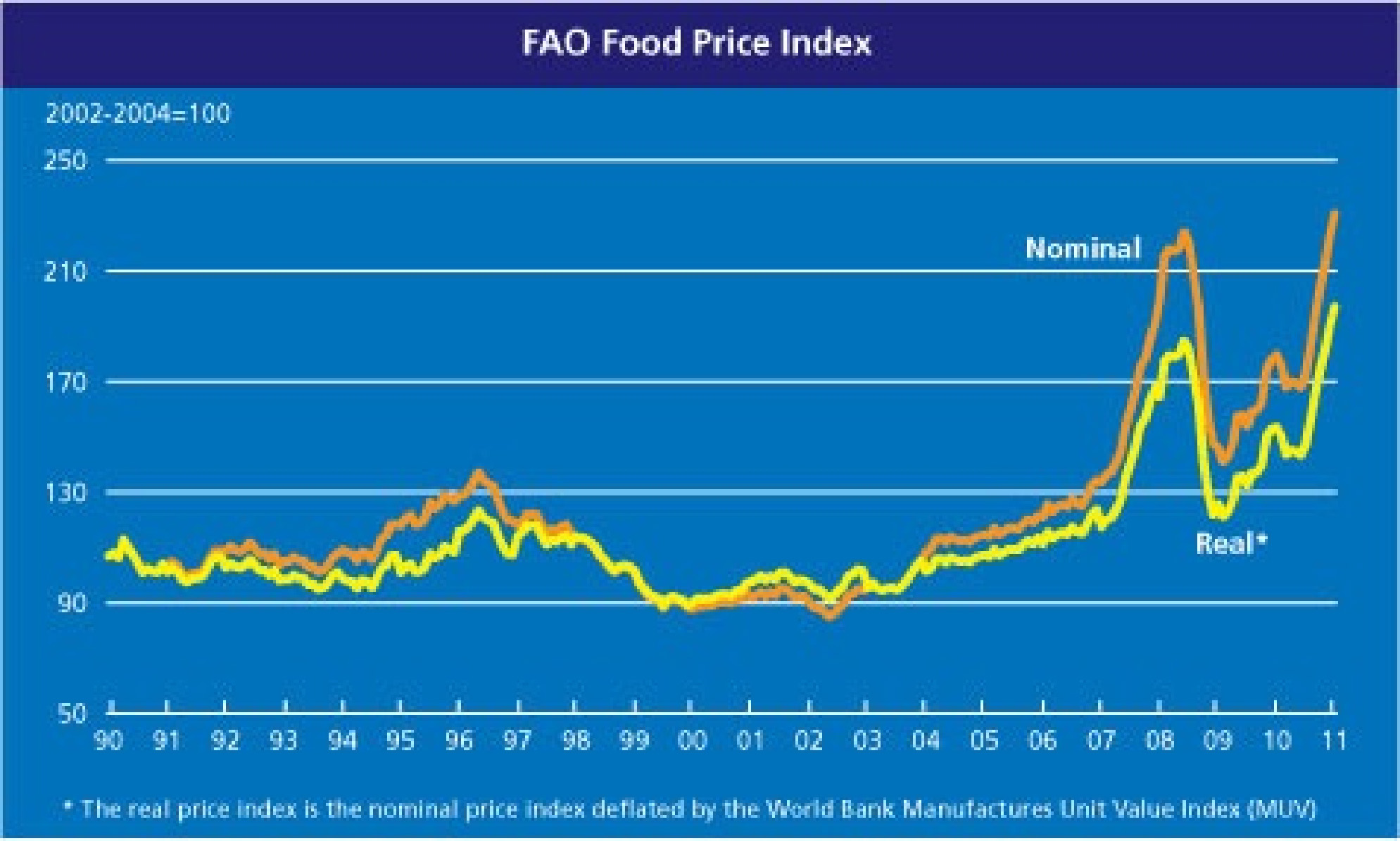Leland, Thanks for forwarding Christine Harper’s (Bloomberg Jan 31) notes on “The lonliest man in Davos…” reporting from the meeting of the World Economic Forum.
It all sounds like the very same script pulled from the drawer at every stage of history, as the next greater ecological or financial bubble emerges,
people running about madly trying to patch the weak points in the containment,
…hoping against hope that each greater failure isn’t leading to the inevitable for financial systems designed to ‘stabilize’ growing expectations for results from physical systems not providing them.
When I first noticed that problem long ago I quickly narrowed it down to that deep error of intent, and then to how our accounting system keeps records of it on the faint hope that the impossible will someday be fulfilled. It treats the physical world as a “black box” of unknowns, relied on to multiply returns that can’t be confirmed or contested. So I say, why not “look in the box”, see what you really have! Continue reading The very same script pulled from the drawer

